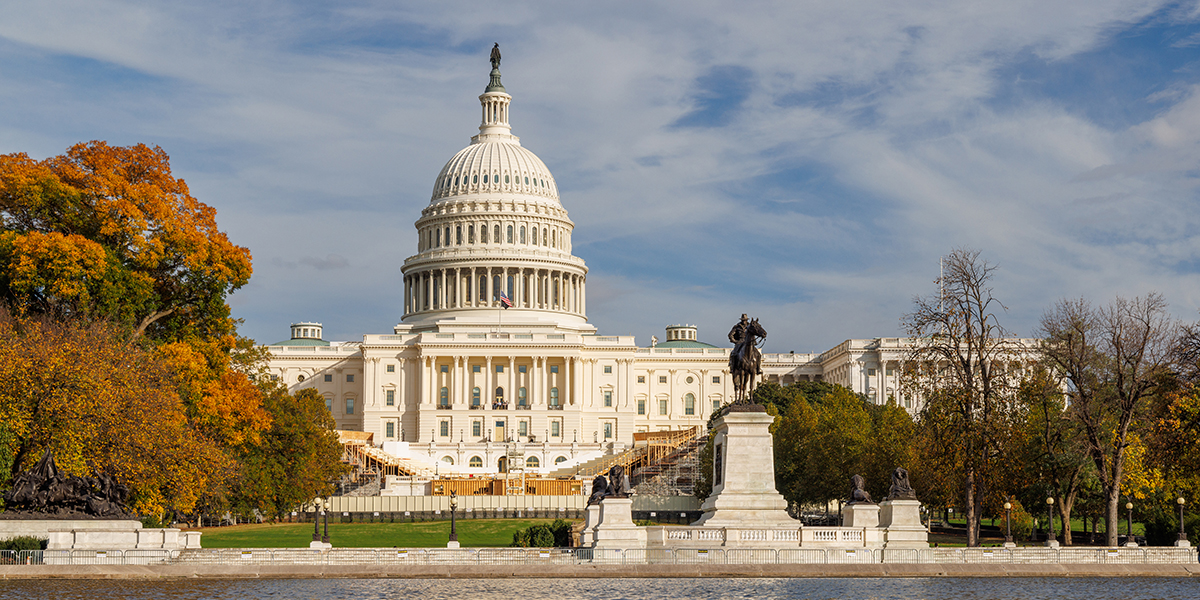The type of organization that you work for can determine the retirement plan options available to you. For example, a small business will be more limited on the amount of funds that they are able to contribute to an employee’s retirement so they may pick a plan that does not require employer contributions. What if you work for a state or local government agency, or a tax-exempt organization under IRC 501(c)? What plans are available to you then? One option that you might be given is a 457(b) retirement plan.
What is a Cash Balance Plan? Check out our Guide
What is a 457(b) Retirement Plan?
A 457(b) retirement plan is a tax-advantaged and defined-contribution retirement plan. A percentage of the employee’s salary is deducted from their paycheck each pay period for a 457(b) plan. Contributions for a traditional 457(b) plan are taken out before taxes, meaning that you will have to pay those taxes when you retire. 457(b) plans can also be set up as a Roth account. With a Roth 457(b) retirement plan the contributions are taken out after tax. This means that you will not have to pay taxes on the money when you retire. Not all organizations will offer a Roth 457(b) so make sure to check with your employer. Employers are not required to contribute to the employee’s 457(b) plan.
Who Can Participate in a 457(b) Retirement Plan?
While most retirement plans are open to any organization or business, 457(b) retirement plans are limited to state and local government employees and employees of certain IRC 501(c) nonprofit organizations. Some employees included in these categories are police officers, firefighters, municipal employees, and executives at hospitals, charities, and unions.
Contribution Limits
As of 2023 the annual contribution limit for a 457(b) has increased from $20,500 to $22,500. The contribution limit is for both the employee’s and employer’s contributions. Employees aged 50 or older can contribute an additional $6,500 per year as a way to catch up on their savings before retirement.
Withdrawing from a 457(b) Retirement Plan
Withdrawing money from your 457(b) plan can be complicated if you don’t know the restrictions on it. If you have left your employer that the 457(b) plan was through, then you are able to withdraw funds penalty-free before the age of 59 ½. You will still be required to pay any applicable taxes once the funds are withdrawn. If you are still with your employer, then you cannot withdraw your funds before retiring from the organization.
For those working for the state or local government and some non-profits, a 457(b) retirement plan may be the plan that your employer offers. Knowing the benefits and stipulations associated with this type of plan can help you prepare for your retirement.
To learn more about 457(b) retirement plans and the other types of retirement plans that might be available to you visit our website today.





